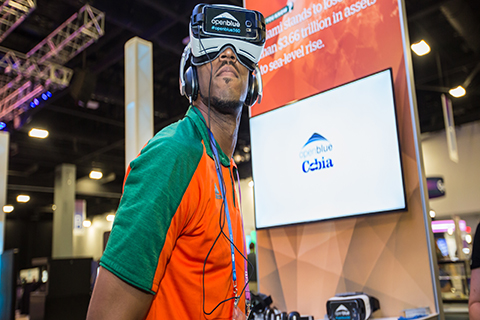Internship: This is a three- or six-month internship. Three-month internships are for 3 credits, and are done in either semester or the summer. Six-month internships are for 6 credits, and are done either from spring to summer or from summer to fall. The internship culminates with a report detailing the work done and knowledge gained, and a presentation to faculty and students in the program.
Project: This is a semester long individual or small group project for 3 or 6 credits, depending on the scope of the project. Projects are done within one or two semesters. The student will be supervised by a faculty member within an appropriate academic unit in the program. The project culminates with a report detailing the work done and knowledge gained, and a presentation to faculty and students in the program.
Capstone: This is a 3 credit culminating course, integrating the knowledge and experience gained in the more specific courses of a track. The course will normally be offered by one of the units that provides the track. It may include lectures, surveys, project work, and other components.





